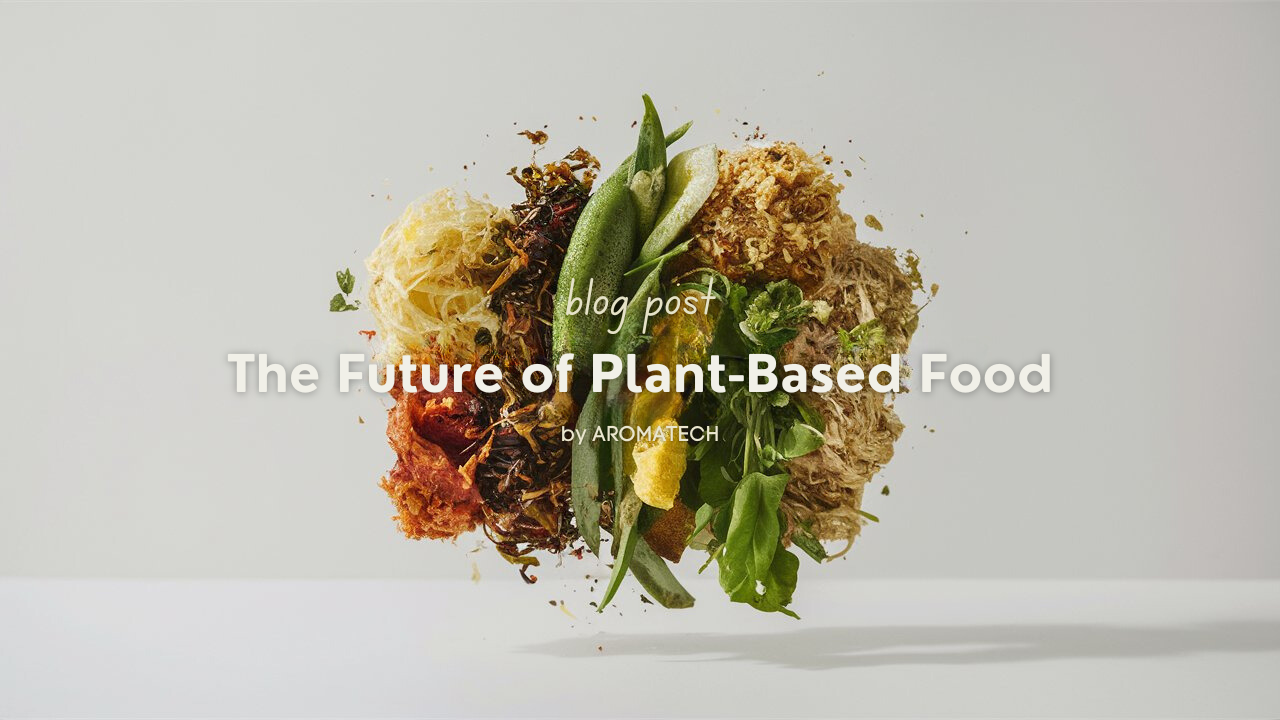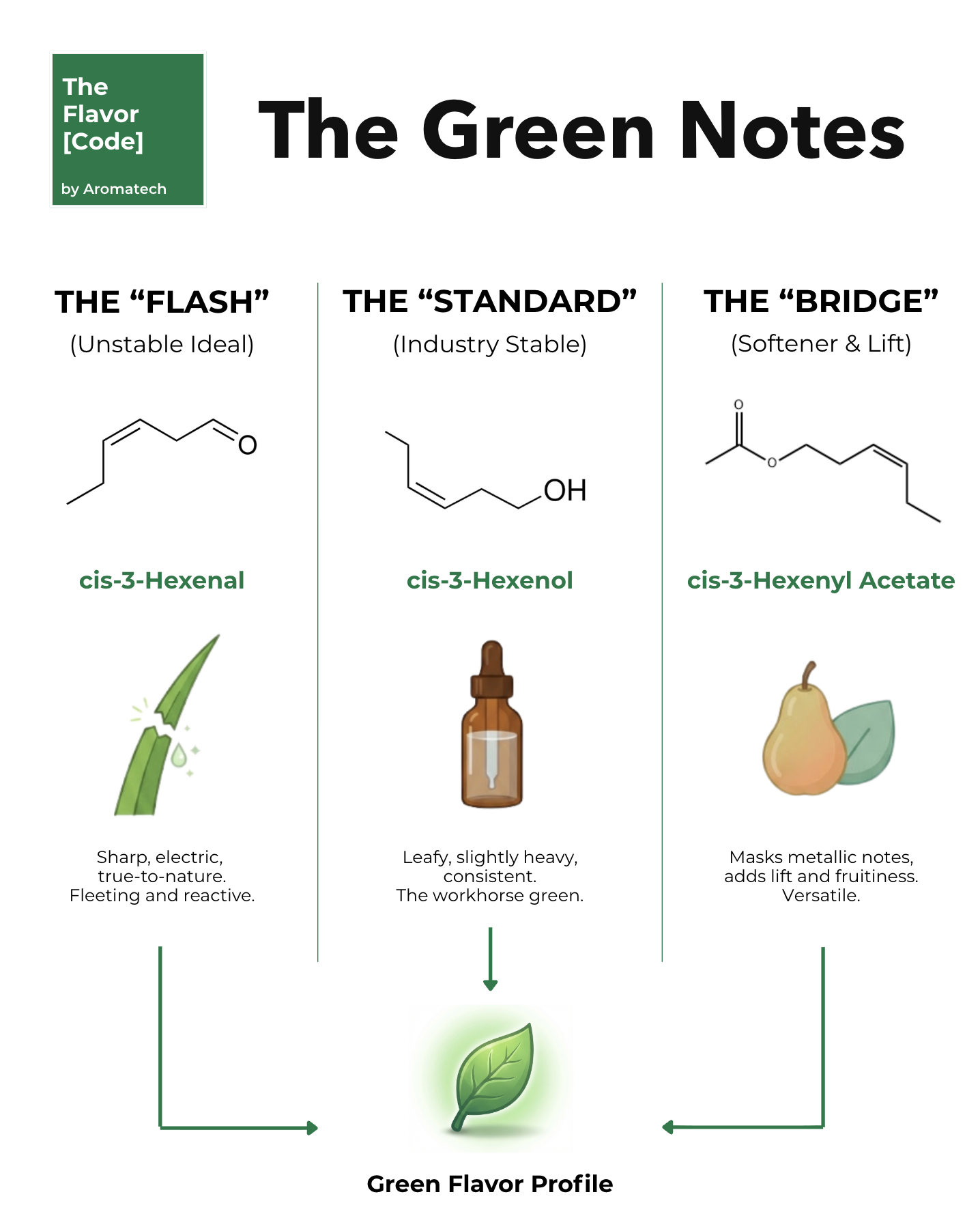The Rise of Plant-Based Food
In recent years, plant-based food has gained significant traction, moving from niche markets to mainstream dining tables. This shift is driven by a growing awareness of the environmental impact of meat production, concerns over animal welfare, and a rising interest in health and wellness. As a result, consumers are increasingly seeking alternatives that offer the taste and texture of traditional animal products without the associated ethical and ecological costs.
The plant-based food market is projected to continue its rapid growth. According to a report by Grand View Research, the global plant-based meat market size was valued at USD 3.3 billion in 2019 and is expected to expand at a compound annual growth rate (CAGR) of 19.4% from 2020 to 2027. This surge is not limited to meat substitutes; dairy alternatives, plant-based snacks, and innovative new products are also seeing remarkable advancements and consumer interest.
Advancements in Plant-Based Food Technology
Plant-Based Proteins
One of the most significant advancements in plant-based food technology is the development of high-quality plant-based proteins. These proteins are derived from various sources, including soy, pea, rice, and hemp, each offering unique benefits and applications. For example:
Soy Protein: Known for its high protein content and versatile applications, soy protein is commonly used in meat substitutes and dairy-free products.
Pea Protein: With a neutral taste and hypoallergenic properties, pea protein is gaining popularity in protein powders, meat alternatives, and snacks.
Rice Protein: Often used in combination with other proteins, rice protein provides a complete amino acid profile and is suitable for gluten-free and allergen-free diets.
Hemp Protein: Rich in omega-3 and omega-6 fatty acids, hemp protein is favored in health supplements and plant-based beverages.
Fermentation and Cultivation Technologies
Advancements in fermentation and cultivation technologies have also played a crucial role in the evolution of plant-based foods. Companies like Perfect Day and Impossible Foods are utilizing precision fermentation to create dairy proteins and heme, respectively. These innovations enable the production of plant-based products that closely mimic the taste, texture, and nutritional profile of their animal-based counterparts.
Extrusion Technology
Extrusion technology has revolutionized the production of plant-based meat alternatives. This process involves forcing plant proteins through a specially designed machine to create a fibrous texture that resembles meat. The resulting products can be shaped into various forms, such as burgers, sausages, and nuggets, offering consumers a familiar eating experience.
Cellular Agriculture
Cellular agriculture, though still in its early stages, holds great potential for the future of plant-based food. This technology involves cultivating animal cells in a controlled environment to produce meat, dairy, and other animal products without the need for traditional animal farming. While not entirely plant-based, cellular agriculture aligns with the broader goal of creating sustainable and ethical food systems.
The Sustainability Benefits of Plant-Based Food
The shift towards plant-based food is not just a dietary preference but a crucial step towards a more sustainable future. The environmental benefits of plant-based diets are well-documented and include:

Reduced Greenhouse Gas Emissions
Animal agriculture is a significant contributor to greenhouse gas emissions, accounting for approximately 14.5% of global emissions. By replacing animal products with plant-based alternatives, we can significantly reduce our carbon footprint. For instance, producing a plant-based burger generates approximately 90% fewer greenhouse gases than a beef burger.
Lower Water Usage
Animal farming is water-intensive, with beef production requiring about 1,800 gallons of water per pound of meat. In contrast, plant-based foods generally require much less water. For example, producing a pound of soybeans requires only 216 gallons of water, making plant-based diets far more water-efficient.
Reduced Land Use
Raising animals for food requires vast amounts of land for grazing and growing feed crops. Switching to plant-based diets can free up significant amounts of land, which can be rewilded or used for sustainable agriculture. This shift is essential for preserving biodiversity and reducing deforestation.
Decreased Pollution
Animal agriculture is a leading cause of water pollution due to runoff from fertilizers, pesticides, and animal waste. By reducing our reliance on animal products, we can decrease the pollution of rivers, lakes, and oceans, leading to healthier ecosystems.
Market Trends and Consumer Preferences
The growing demand for plant-based foods is reflected in several market trends and changing consumer preferences. Key trends are:
Mainstream Acceptance
Plant-based foods have moved beyond niche health food stores and are now widely available in mainstream supermarkets and restaurants. Major food companies and fast-food chains are adding plant-based options to their menus, making it easier for consumers to choose plant-based meals.
Innovation in Product Development
The plant-based food industry is characterized by rapid innovation, with companies constantly developing new and improved products. This innovation is driven by consumer demand for better taste, texture, and nutritional profiles. Examples include the development of plant-based seafood, dairy-free cheeses that melt and stretch like traditional cheese, and egg substitutes that can be used in baking and cooking.
Health and Wellness Focus
Many consumers are drawn to plant-based foods for their health benefits. Plant-based diets are associated with lower risks of heart disease, diabetes, and certain cancers. As a result, health-conscious consumers are increasingly incorporating plant-based meals into their diets.
Ethical and Environmental Considerations
Concerns about animal welfare and environmental sustainability are also driving the shift towards plant-based foods. Consumers are becoming more aware of the ethical and ecological impacts of their food choices and are seeking alternatives that align with their values.
Aromatech: Enhancing the Sensory Experience of Plant-Based Foods
While plant-based foods offer numerous benefits, one of the challenges has been replicating the sensory experience of traditional animal products. This is where companies like Aromatech come into play. Aromatech specializes in creating natural and organic flavors as well as aroma compounds that enhance the taste, smell, and overall sensory appeal of plant-based foods.

The Science of Aroma
Aroma plays a critical role in our perception of food. The olfactory system, responsible for our sense of smell, is closely linked to the brain’s regions that control emotions and memories. This connection means that the aroma of food can significantly influence our overall eating experience.
Aromatech uses advanced technologies and scientific research to develop aroma compounds that mimic the scents of meat, dairy, and other animal products. By incorporating these compounds into plant-based foods, manufacturers can create products that are more appealing to consumers.
Flavor Enhancement
In addition to aroma, flavor is another crucial aspect of the eating experience. Aromatech works with food scientists to develop natural and synthetic flavor compounds that enhance the taste of plant-based foods. These flavors can help replicate the savory, umami taste of meat or the creamy richness of dairy, making plant-based alternatives more satisfying and enjoyable.
Customization for Consumer Preferences
Aromatech’s innovative approach allows for the customization of flavors and aromas to meet diverse consumer preferences. This customization is particularly important in the plant-based food industry, where consumers have varying taste preferences and dietary needs. By tailoring flavor and aroma profiles, Aromatech helps manufacturers create products that cater to different markets and demographics.
The Future of Plant-Based Food
As we look to the future, the plant-based food industry is poised for continued growth and innovation. Several key factors will shape this future:
Technological Advancements
Ongoing advancements in food technology will continue to improve the taste, texture, and nutritional profile of plant-based foods. Innovations such as 3D printing, precision fermentation, and cellular agriculture will play a significant role in creating more realistic and diverse plant-based products.
Increased Investment and Research
Investment in plant-based food companies is on the rise, with both startups and established food companies pouring resources into research and development. This investment will drive further innovation and bring new products to market more quickly. Research in areas such as alternative proteins, sustainable farming practices, and food science will continue to expand the possibilities for plant-based foods.
Consumer Education and Awareness
Educating consumers about the benefits of plant-based diets will be crucial for the continued growth of this industry. As awareness of the environmental, health, and ethical advantages of plant-based eating spreads, more people are likely to incorporate these foods into their diets. Campaigns, educational programs, and clear labeling can help inform and guide consumer choices.
Policy and Regulatory Support
Government policies and regulations can significantly influence the adoption of plant-based foods. Supportive measures, such as subsidies for plant-based agriculture, tax incentives for sustainable food production, and regulations promoting transparency in food labeling, can encourage the growth of the plant-based food sector. Additionally, policies that address climate change and environmental sustainability will likely favor plant-based diets as part of broader efforts to reduce greenhouse gas emissions and protect natural resources.
Global Expansion
The plant-based food movement is not limited to any one region; it is a global phenomenon. As more countries recognize the benefits of plant-based diets, the demand for these products will grow worldwide. This global expansion will be driven by cross-cultural exchanges, international partnerships, and the adaptation of plant-based foods to local tastes and cuisines.
A Sustainable and Flavorful Future
The future of plant-based food is bright, marked by innovation, sustainability, and a commitment to meeting the diverse needs of consumers. Companies like Aromatech are playing a crucial role in enhancing the sensory appeal of plant-based foods, making them more enjoyable and accessible. As technological advancements continue and consumer awareness grows, plant-based foods will become an integral part of our global food system, offering delicious, nutritious, and sustainable alternatives to traditional animal products.
In this rapidly evolving landscape, the collaboration between food scientists, technologists, policymakers, and consumers will be key to unlocking the full potential of plant-based diets. By embracing these changes, we can look forward to a future where our food choices contribute to a healthier planet and a more compassionate world.
For more information on the advancements in plant-based food, visit Good Food Institute.
Learn about Aromatech’s role in the plant-based food industry on our official website.
Discover the environmental benefits of plant-based diets at Environmental Working Group.
Explore the latest market trends in plant-based foods with Grand View Research.



